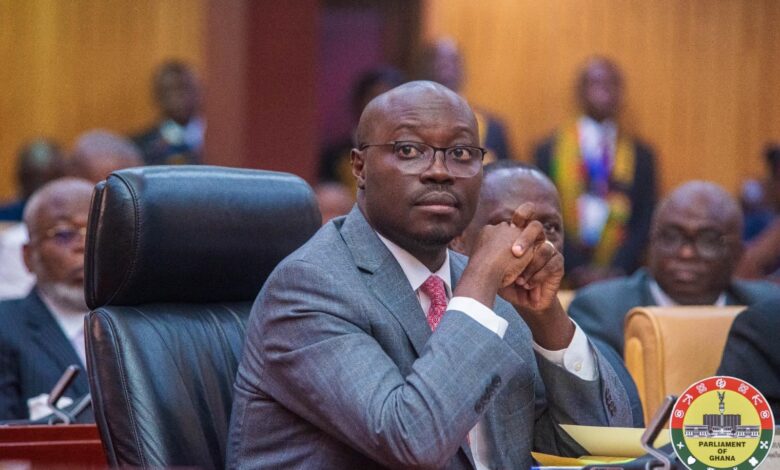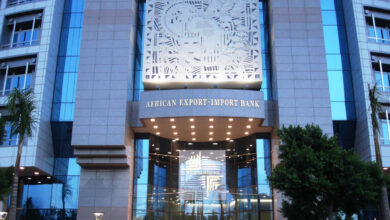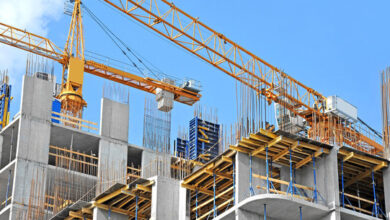Government Targets 800,000 New Jobs in 2026 Through Infrastructure, Industry, and SME Support

The government has set an ambitious target to create 800,000 new jobs in 2026, driven by large-scale infrastructure projects, industrial expansion, and targeted support for small and medium enterprises (SMEs).
The projection, announced by Finance Minister Dr. Cassiel Ato Forson during the presentation of the 2026 Budget Statement and Economic Policy to Parliament, marks a clear shift in focus — from economic recovery to inclusive growth and transformation.
“The 2026 Budget is about turning stability into opportunity and opportunity into prosperity,” Dr. Forson said. “Every investment we make must translate into jobs and improved livelihoods.”
Key Sectors Driving Job Creation
The Budget outlines several flagship initiatives expected to power employment growth across multiple sectors. These include:
- The Big Push Infrastructure Programme, expected to create over 30,000 direct construction jobs and 100,000 indirect opportunities across allied industries such as logistics, steel, and cement production.
- The 24-Hour Economy Programme, designed to stimulate around-the-clock business activity in manufacturing, logistics, and services.
- The Oil Palm Development Policy (2026–2032), projected to generate 250,000 jobs across the agricultural value chain.
- The establishment of three new garment factories and seven agro-processing plants, focusing on cashew, poultry, rice, and shea processing.
Youth-Centred Employment Drive
Dr. Forson said the “Job Creation Ghana 2026 Agenda” places young people at its core. Government will expand Technical and Vocational Education and Training (TVET), strengthen apprenticeship programmes, and integrate digital tools into skills development to prepare youth for modern job opportunities.
To further accelerate employment growth, the Development Bank Ghana (DBG) and the Ghana EXIM Bank will provide low-interest financing to agro-processing, garment, and manufacturing firms with strong job-creation potential.
“We are building an economy that produces more than it consumes,” Dr. Forson stressed. “Our goal is to make Ghana a hub of decent jobs, rising incomes, and shared prosperity.”
Capital Investment for Growth
The government plans to invest GH¢57.5 billion in capital projects spanning roads, energy, water, and education — a move aimed at transforming fiscal stability into tangible development outcomes. These investments are expected to empower local contractors and strengthen domestic supply chains.
The Big Push Programme alone will create significant spillover employment in supporting industries, while new road and power projects are expected to expand opportunities for artisans, engineers, and construction professionals nationwide.
Partnerships and Productivity
Government also plans to work closely with private firms, labour unions, and development partners to enhance productivity and support inclusive hiring. Public-Private Partnerships (PPPs) will be prioritised to speed up the delivery of industrial parks and major infrastructure projects.
Dr. Forson reaffirmed government’s commitment, saying:
“This is not a recovery budget. It’s a rebirth — one that creates jobs, boosts production, and uplifts every Ghanaian.”




